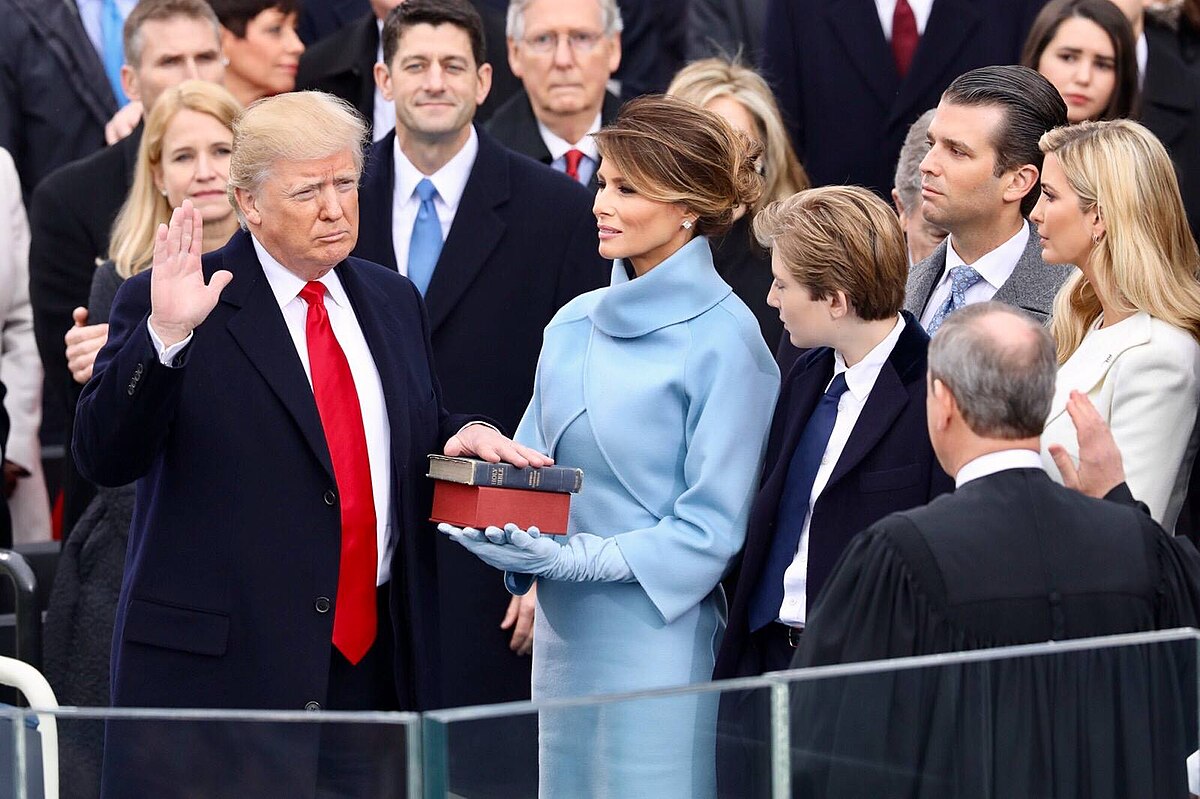Outrage as Iran Executes German-Iranian Jamshid Sharmahd
The Iranian regime’s chilling tactics have come under intense scrutiny following the recent execution of Jamshid Sharmahd, a 69-year-old German-Iranian man. Sharmahd was sentenced to death for the vague charge of “corruption on Earth,” a term often used to justify capital punishment in Iran. His execution has ignited fierce condemnation not only from Germany but from the international community, highlighting the ongoing human rights violations perpetrated by Iran.
Sharmahd was arrested in 2020 while passing through the United Arab Emirates. Iranian authorities accused him of leading Tondar, a group labeled as a terrorist organization by Tehran. His family maintains that he is innocent, a claim echoed by many human rights advocates who argue that the execution illustrates the arbitrary nature of Iran’s justice system.
 Calls for justice grow louder in the wake of Sharmahd’s execution.
Calls for justice grow louder in the wake of Sharmahd’s execution.
Germany’s Firm Stance
Germany’s Foreign Minister, Annalena Baerbock, wasted no time in denouncing the execution as a stark reminder of the oppressive nature of the Iranian regime. She warned that such actions would have grave consequences, reflecting a growing frustration among European leaders regarding Iran’s blatant disregard for human rights.
Chancellor Olaf Scholz echoed Baerbock’s sentiments, calling the execution a “scandal” and criticizing the lack of a fair trial for Sharmahd. The gravity of the situation has prompted discussions within the German government about how best to respond to Iran’s increasingly aggressive and inhumane policies.
Iran’s Defiant Defense
In stark contrast, Iranian Foreign Minister Abbas Araghchi defended the decision to execute Sharmahd, declaring that no terrorist would find refuge within Iran’s borders. This perspective underscores the regime’s longstanding justification for severe punitive measures against those it perceives as threats, including dissenters and expatriates.
Araghchi’s comments have only served to fuel the fire of outrage, as human rights organizations across the globe label the execution an extrajudicial killing aimed at silencing opposition. Critics highlight that this move appears to be part of a broader strategy by the Iranian government to quell dissent and instill fear among both natives and foreigners alike.
 Protests erupt globally against Iran’s treatment of its citizens and foreign nationals.
Protests erupt globally against Iran’s treatment of its citizens and foreign nationals.
International Responses
The European Union’s response has been swift, with officials condemning the execution and considering further measures against Iran. Calls for a united front against such inhumane actions resonate strongly among member states. Human rights organizations have reiterated their condemnation, emphasizing the need for international accountability in light of such grave human rights abuses.
The outcry surrounding Sharmahd’s death has brought renewed attention to the dire situation faced by political prisoners in Iran and raises significant concerns about the safety of foreign nationals within the country’s jurisdiction. These recent events could lead to diplomatic tensions and escalate existing strife between Iran and the international community.
The Broader Implications
This tragic incident not only compels a reevaluation of diplomatic relations with Iran but also highlights the growing divide between the Iranian government and its citizenry. It seems increasingly apparent that the regime’s attempts to control dissent through harsh measures will likely backfire, galvanizing opposition movements both within Iran and outside its borders.
As calls for justice echo around the world, one must wonder what the future holds for Iran’s political landscape. Will international pressure compel change, or will the regime double down on its oppressive tactics?
 Protests against Iran’s human rights abuses take to the streets globally.
Protests against Iran’s human rights abuses take to the streets globally.
In conclusion, the execution of Jamshid Sharmahd is a grave reminder of the Iranian regime’s relentless actions against dissent and the lengths it will go to suppress those who challenge its authority. The world is watching closely as reactions pour in, and it remains critical to ensure that such inhumane actions do not go unanswered. The battle for justice not only for Sharmahd but for all victims of oppressive regimes must continue unabated.


 Photo by
Photo by 









